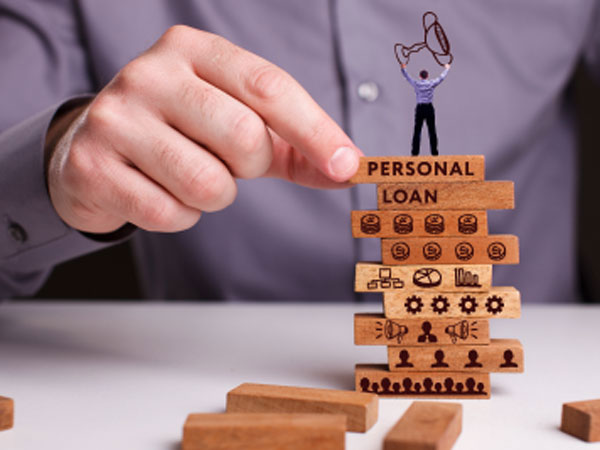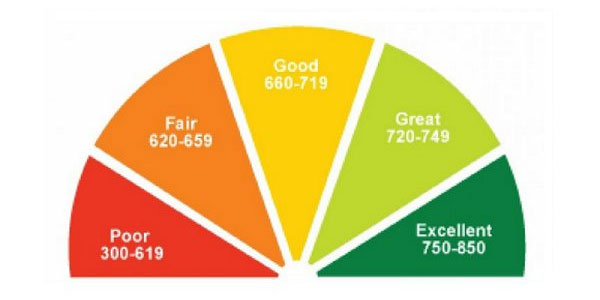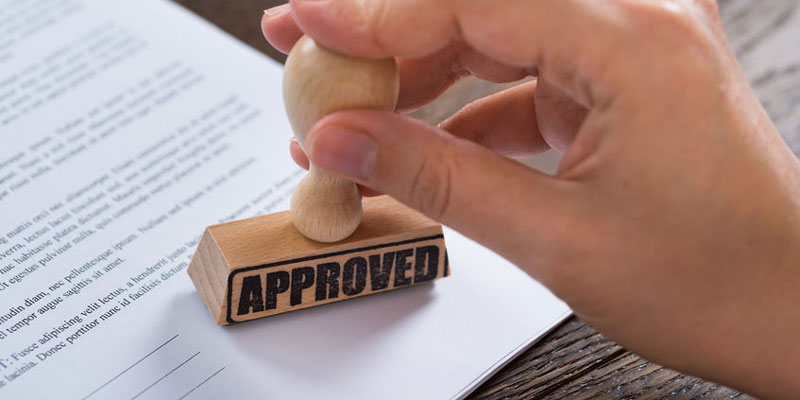When it comes to purchasing something costly or for the most significant investment, such as a house renovation, a large medical payment, any severe illness, a wedding, or maybe grief ceremonies, many people discover that they do not have the cash on hand to meet these bills immediately. So they have to consider personal loans but sometimes they have no idea about does personal loan affect credit score or not.
However, private loans are one type of credit that could be useful in various circumstances but just analyze how personal loans affect credit. But before a consumer takes on any new kind of debt, they should take some time to consider how the new letter of credit will impact their overall financial situation, especially their credit rating.
Why Taking Personal Loan Should be the First Option?
As compared to charging purchases to a credit card, the interest rate associated with personal loans is often a lot lower. You may take out loans often at a lower overall cost. The current annual percentage rate (APR) for a personal loan with a term of two years, as reported by the Federal Reserve, is 9.58 percent.
On the other hand, the rate of interest on a credit or debit card is typically between 16.30 and 24.00 percent, but it may go as high as 24.00 percent. Therefore, a personal loan is sometimes a cheap solution if you need to pay a significant expense or consolidate your debt.
How Does A Personal Loan Affect Credit Score?

As you can see, applying for a new conventional mortgage could have some kind of impact on your credit rating. Your total debt has grown, and you have taken on more obligations simultaneously.
Credit reporting companies are always paying attention to any new financial activity. For instance, if you sought to organize a new vehicle loan immediately after getting a personal loan, your request for a car loan may be denied because you already have the maximum amount of debt you can handle now. This is because you already have the maximum amount of debt you can handle.
Your whole credit history has a more significant influence on your credit rating than anyone new loan that you take out. If you have a lengthy track record of responsibly handling debt and making payments on time, a new loan's effect on your overall credit score is expected to be a little severe. If you want to avoid a personal loan without hurting your credit score, the easiest and most effective method is to ensure that your payments are made on time and under the stipulations of the credit agreement.
How a Personal Loan May Help to Improve Credit Score?
Adding a personal loan to your existing credit mix might benefit your financial situation. Your credit mix combines different sorts of credit accounts, such as credit cards, mortgages, debts, and so on. This aspect of your credit score contributes to ten percent of your total score.
Even though you only need to have one of every particular account, having a range of accounts can demonstrate to lenders that you can handle different types of credit and increase your chances of being approved for credit. When you submit the application kind of credit, like a loan or an auto loan, this can be beneficial since it increases the likelihood that financial institutions would view you as a more creditworthy borrower. Just be sure that you are not accumulating an excessive amount of debt.
Additionally, personal loans might assist you in establishing a track record of completing payments within the allotted time frame. Your history of making payments on time is considered essential in determining your credit score since it accounts for 35 percent of that score.
Suppose you request yet another credit facility in the future. In that case, having a record of creating your repayments in total can hint to a borrower that you are pretty likely to persist in paying a refund for the amount you owe.
This is of the utmost significance when you are just beginning the process of establishing or improving your credit. Although setting a minimum credit score is generally an impediment to being approved for the majority of loans, there are financial institutions that do provide unsecured loans that are oriented toward individuals with fair or poor credit. These financial institutions offer these types of loans.
For example, Upstart will consider candidates with a credit rating of 600 or below and those whose payment history is so limited that they still do not have a credit score since they do not have enough information to generate one.
Multiple personal loan options are available to customers with credit scores ranging from fair to low. When applying for a personal loan, it is essential to remember that if you have bad credit, you may be subject to higher interest rates and specific costs.
What Affects Will These Have On Your Credit Score?
You have to be familiar with the fact that a personal loan hurts your credit and the methodology behind the computation of your credit score if you want to have any hope of comprehending how applying for a bank loan influences it. The FICO credit score, which the Fair Isaac Organization developed, is the one that is utilized by lenders the most frequently. The range of possible FICO scores is from 300 to 850.

The scores are determined by looking at a person's payment history, the amounts owing, the duration of their credit history, any new credit, and how they blend old and new credit. The precise percentages may differ slightly across the three prominent financial institutions. Following is a breakdown set by FICO of significance each element carries in the method of calculating:
- Your credit score determines 35%.
- 30% is calculated on the entire value of your outstanding loans.
- The duration of your credit history determines by 15%.
- The 10% rate applies to any additional loans or newly issued lines of credit.
- The credit mix accounts for 10% of the total.




